Memory
Recent articles
What infant fMRI is revealing about the developing mind
Cognitive neuroscientists have finally clocked how to perform task-based functional MRI experiments in awake babies—long known for their inability to lie still or take direction. Next, they aim to watch cognition take shape and settle a debate about our earliest memories—with one group publishing a big clue today.
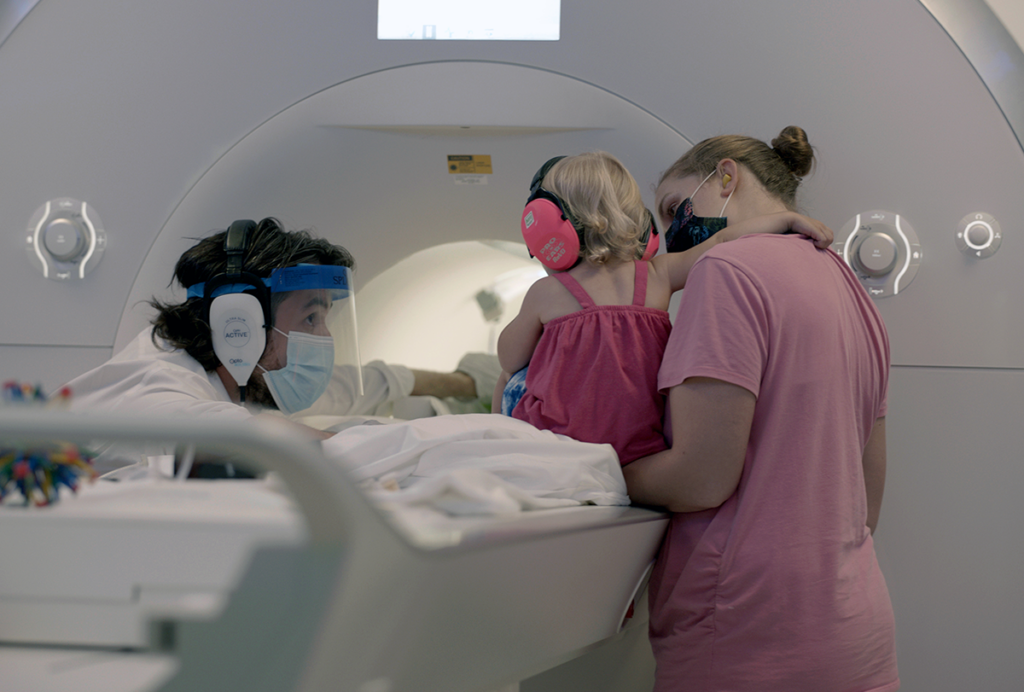
What infant fMRI is revealing about the developing mind
Cognitive neuroscientists have finally clocked how to perform task-based functional MRI experiments in awake babies—long known for their inability to lie still or take direction. Next, they aim to watch cognition take shape and settle a debate about our earliest memories—with one group publishing a big clue today.
Alison Preston explains how our brains form mental frameworks for interpreting the world
Preston discusses her research examining differences in how children, teenagers and adults integrate new information into their memories.
Alison Preston explains how our brains form mental frameworks for interpreting the world
Preston discusses her research examining differences in how children, teenagers and adults integrate new information into their memories.
Ciara Greene on the quirks and complexities of human episodic memory
Greene's book, “Memory Lane: The Perfectly Imperfect Ways We Remember,” explores the many factors that affect how we recall the events in our lives, from the mundane to the emotionally powerful.
Ciara Greene on the quirks and complexities of human episodic memory
Greene's book, “Memory Lane: The Perfectly Imperfect Ways We Remember,” explores the many factors that affect how we recall the events in our lives, from the mundane to the emotionally powerful.
Subthalamic plasticity helps mice squelch innate fear responses
When the animals learn that a perceived threat is not dangerous, long-term activity changes in a part of the subthalamus suppress their instinctive fears.
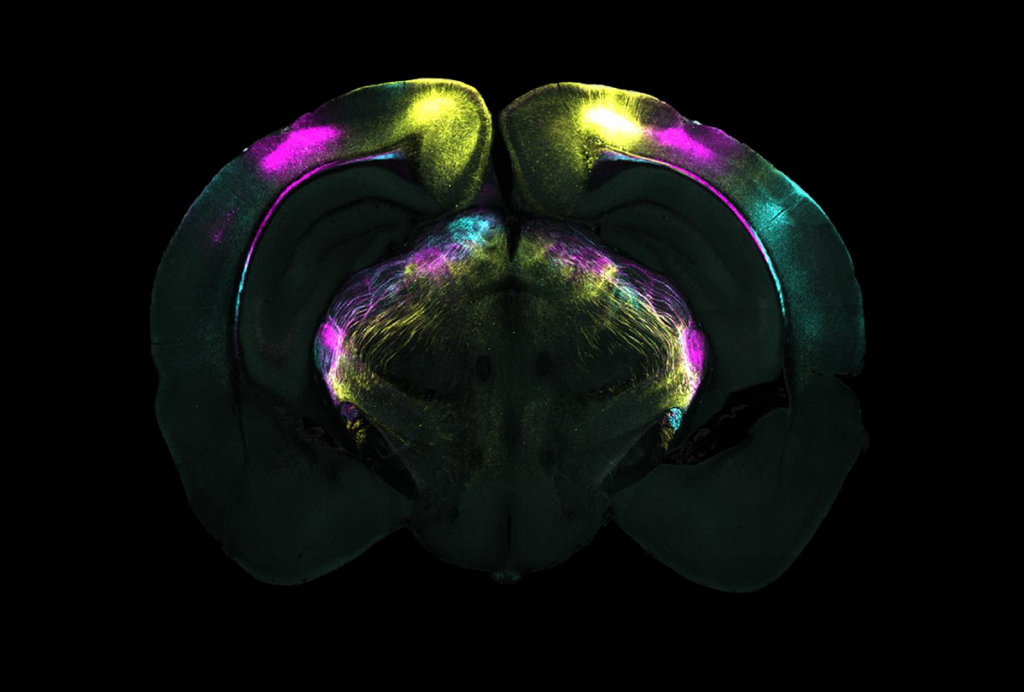
Subthalamic plasticity helps mice squelch innate fear responses
When the animals learn that a perceived threat is not dangerous, long-term activity changes in a part of the subthalamus suppress their instinctive fears.
David Robbe challenges conventional notions of time and memory
Inspired by his own behavioral neuroscience research and the philosophy of Henri Bergson, Robbe makes the case that we don't have clocks in our brains but instead perceive time by way of our interactions with the world.
David Robbe challenges conventional notions of time and memory
Inspired by his own behavioral neuroscience research and the philosophy of Henri Bergson, Robbe makes the case that we don't have clocks in our brains but instead perceive time by way of our interactions with the world.
Remembering Eleanor Maguire, ‘trailblazer’ of human memory
Maguire, mastermind of the famous London taxi-driver study, broadened the field and championed the importance of spatial representations in memory.

Remembering Eleanor Maguire, ‘trailblazer’ of human memory
Maguire, mastermind of the famous London taxi-driver study, broadened the field and championed the importance of spatial representations in memory.
The Transmitter’s favorite essays and columns of 2024
From sex differences in Alzheimer’s disease to enduring citation bias, experts weighed in on important scientific and practical issues in neuroscience.
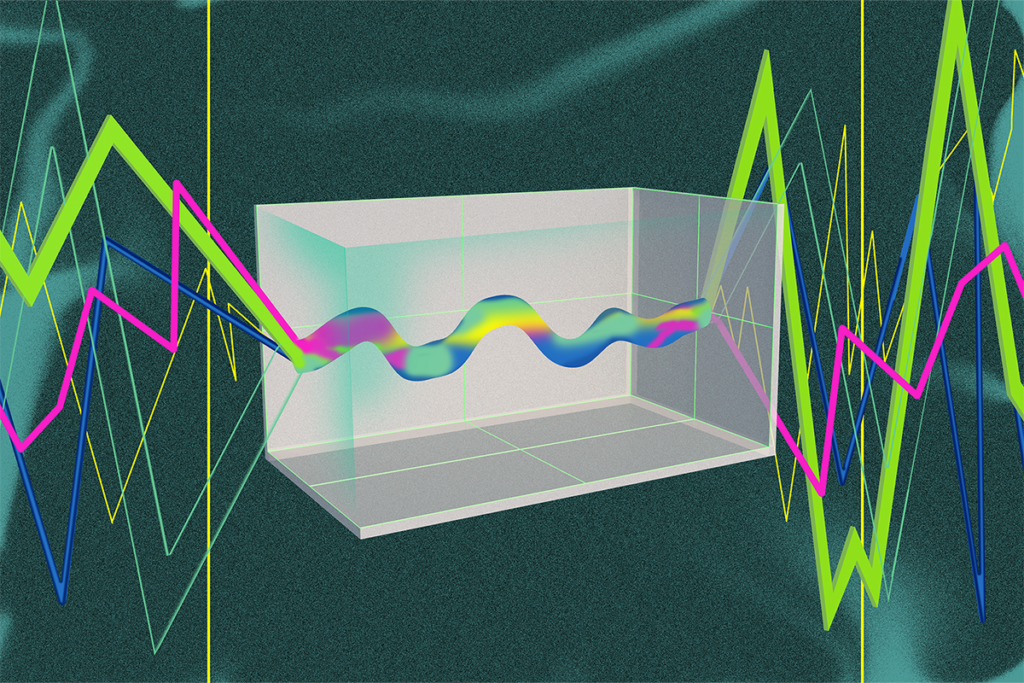
The Transmitter’s favorite essays and columns of 2024
From sex differences in Alzheimer’s disease to enduring citation bias, experts weighed in on important scientific and practical issues in neuroscience.
The Transmitter’s favorite podcasts of 2024
Our picks include a deep dive into dopamine, the role of PKMzeta in memory, and studying the stomatogastric ganglion.
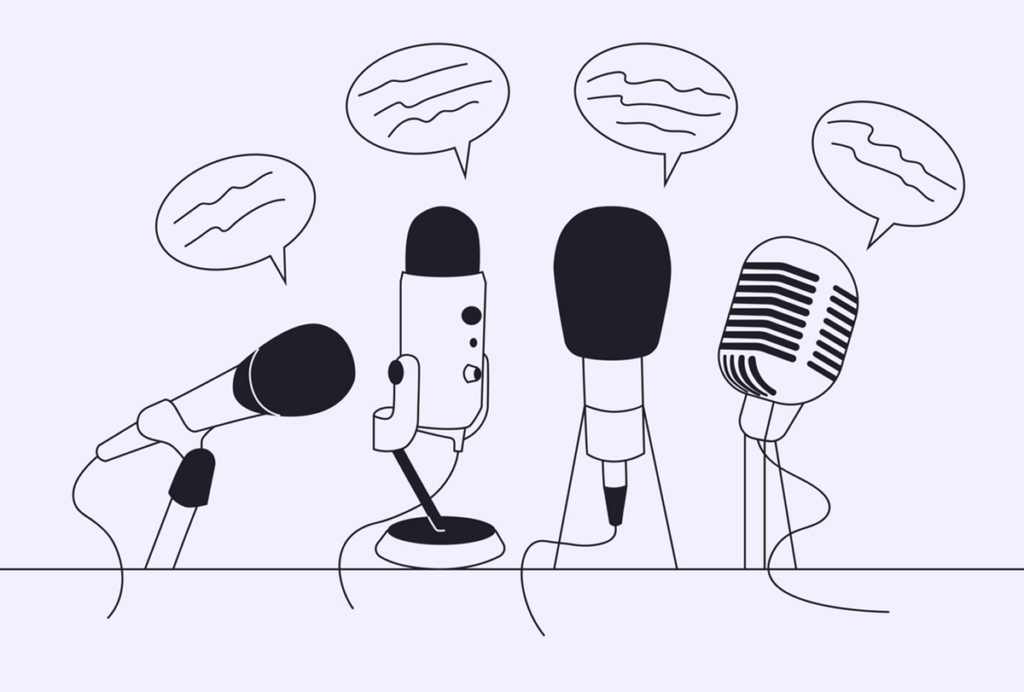
The Transmitter’s favorite podcasts of 2024
Our picks include a deep dive into dopamine, the role of PKMzeta in memory, and studying the stomatogastric ganglion.
‘Sacred objects’ display discredits Golgi and Ramón y Cajal’s rivalry: Q&A with curator Daniel Colón Ramos
A new exhibit that opened last week shows drawings from the influential duo side by side for the first time and recasts them as collaborators. It also reveals lessons for modern scholars.
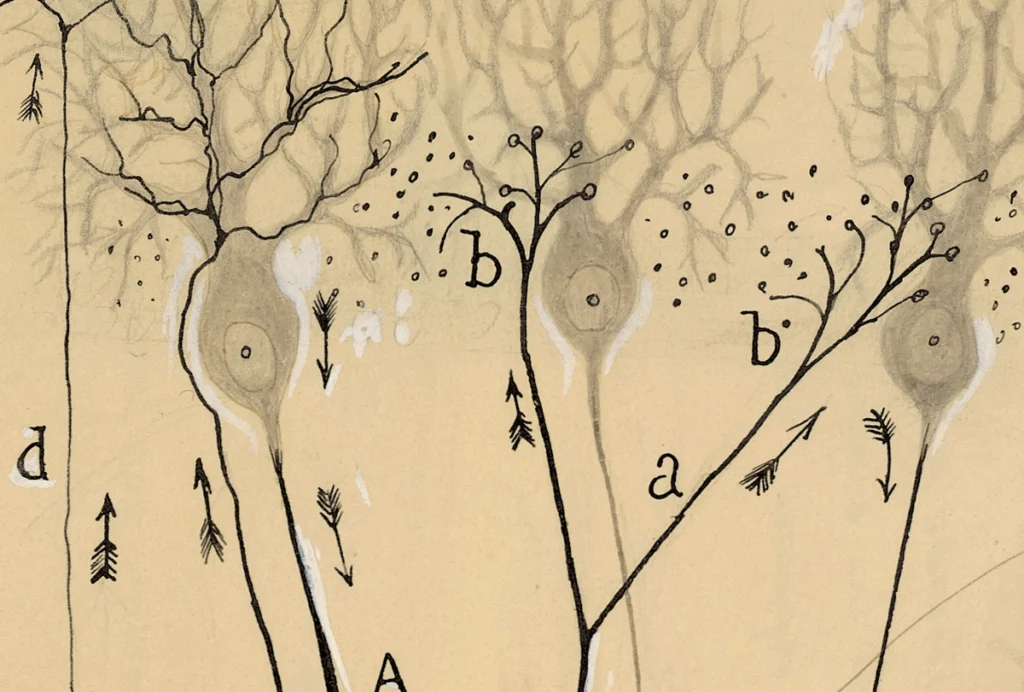
‘Sacred objects’ display discredits Golgi and Ramón y Cajal’s rivalry: Q&A with curator Daniel Colón Ramos
A new exhibit that opened last week shows drawings from the influential duo side by side for the first time and recasts them as collaborators. It also reveals lessons for modern scholars.
Stress warps fear memories in multiple ways
Expanding the bounds of a fear memory or linking it to a neutral memory can shape a mouse’s fear response, two new studies show.
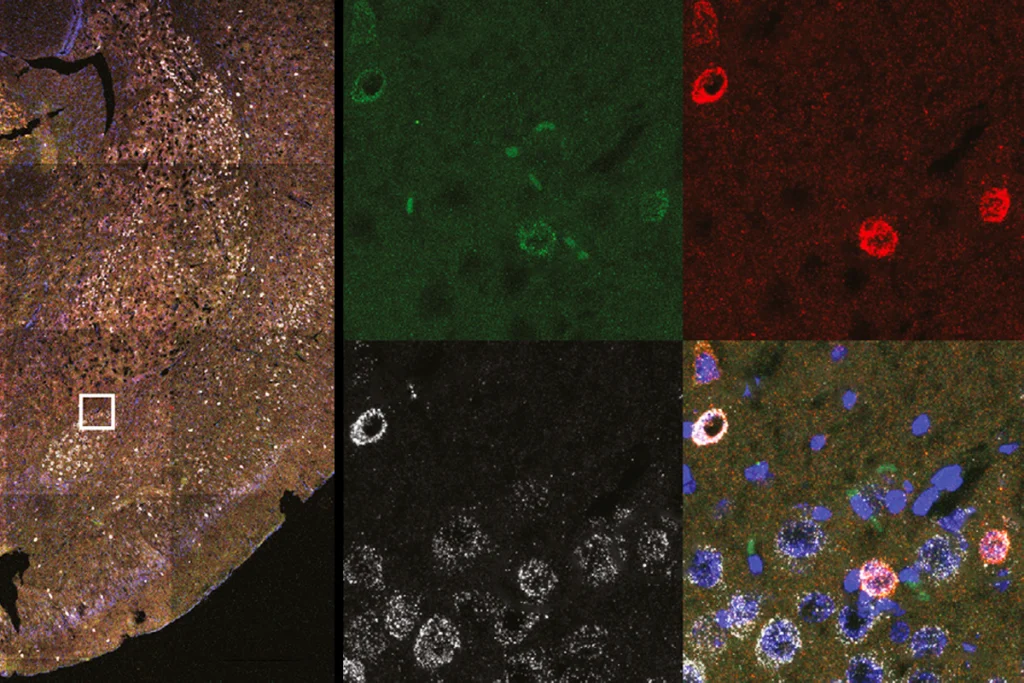
Stress warps fear memories in multiple ways
Expanding the bounds of a fear memory or linking it to a neutral memory can shape a mouse’s fear response, two new studies show.
Explore more from The Transmitter
Who funds your basic neuroscience research? Help The Transmitter compile a list of funding sources
We want to hear from you about the sources of funding for your research.
Who funds your basic neuroscience research? Help The Transmitter compile a list of funding sources
We want to hear from you about the sources of funding for your research.
The future of neuroscience research at U.S. minority-serving institutions is in danger
Cuts to federally funded programs present an existential crisis for the University of Puerto Rico’s rich neuroscience community and for research at minority-serving institutions everywhere.

The future of neuroscience research at U.S. minority-serving institutions is in danger
Cuts to federally funded programs present an existential crisis for the University of Puerto Rico’s rich neuroscience community and for research at minority-serving institutions everywhere.
Unexpected astrocyte gene flips image of brain’s ‘stalwart sentinels’
The genetic marker upends the accepted orientation of non-star-like astrocytes in the glia limitans superficialis.
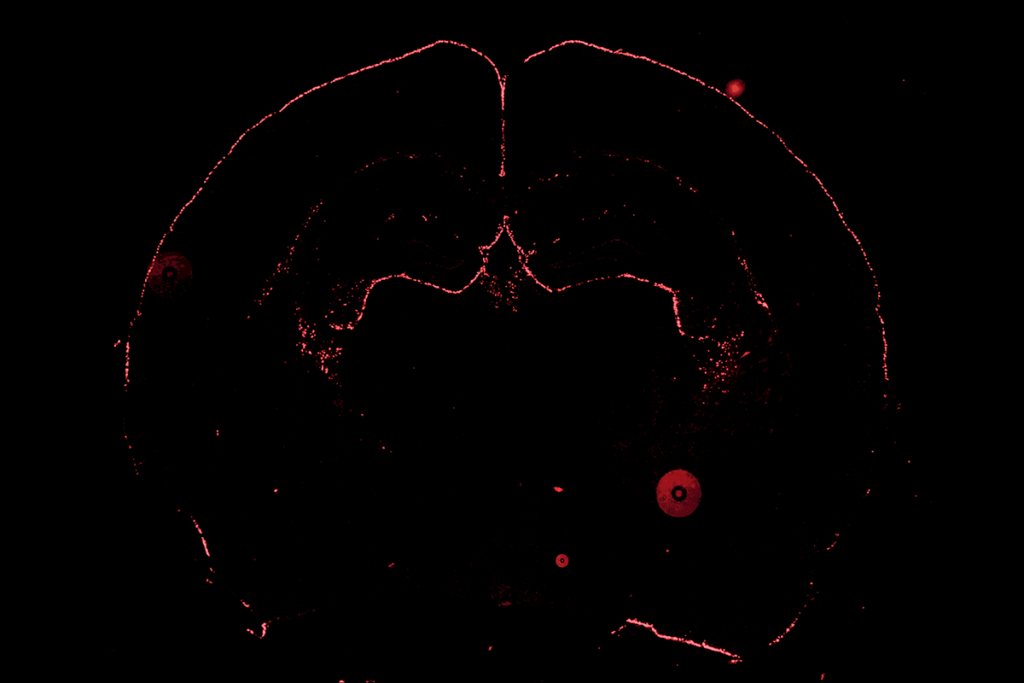
Unexpected astrocyte gene flips image of brain’s ‘stalwart sentinels’
The genetic marker upends the accepted orientation of non-star-like astrocytes in the glia limitans superficialis.